Dangerous Levels of Drinking
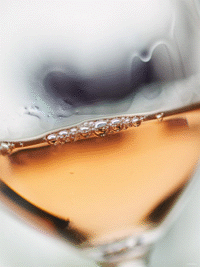 According to figures released today by the NHS:
According to figures released today by the NHS:
- 1 in 4 adults are drinking at hazardous levels,
- 1 in 10 men are on the verge of alcoholism,
- 1 in 6 women drink at levels sufficient to damage their liver or lead to depression,
- 1 in 10 men and 1 in 25 women are approaching alcohol dependence (admittedly rather vague terminology).
We have to ask ourselves why people in the UK seem to be developing more problems with alcohol, and what can be done about it. The cost to the health service alone is staggering - presently some £2.7 billion. That’s before we even consider the personal and social costs involved.


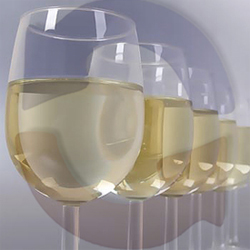 Although it may seem like ‘just a habit’, you are making a choice to have a drink each and every time. That choice involves many components -
Although it may seem like ‘just a habit’, you are making a choice to have a drink each and every time. That choice involves many components - 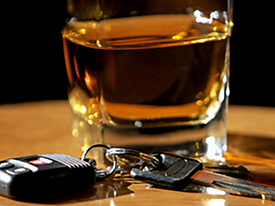 Do you need to give up drinking completely if you have a problem with alcohol? There are conflicting opinions on this. The
Do you need to give up drinking completely if you have a problem with alcohol? There are conflicting opinions on this. The 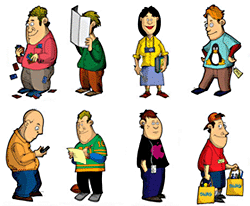 The Department of Health has released research where they have identified nine different types of person who drinks alcohol to excess (their definition of excess being double the recommended weekly amount or more).
The Department of Health has released research where they have identified nine different types of person who drinks alcohol to excess (their definition of excess being double the recommended weekly amount or more).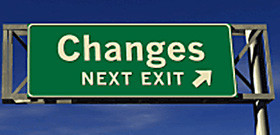 As you’re reading this website, then you might be thinking that you need to change your habits around alcohol. This means you’re in a stage called ‘contemplation’.
As you’re reading this website, then you might be thinking that you need to change your habits around alcohol. This means you’re in a stage called ‘contemplation’. Everyone has their own little hangover cure don’t they. There must be thousands of them out there, but how many actually work? The truth is different people probably need different things to help them, depending on their individual constitution.
Everyone has their own little hangover cure don’t they. There must be thousands of them out there, but how many actually work? The truth is different people probably need different things to help them, depending on their individual constitution.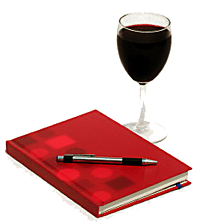 This week the
This week the  Focussing on negative thoughts as opposed to positive ones leaves you feeling
Focussing on negative thoughts as opposed to positive ones leaves you feeling  Oh dear, the BBC reported today that UK police crime figures have shown a
Oh dear, the BBC reported today that UK police crime figures have shown a 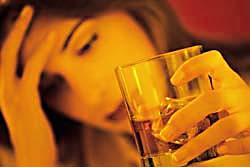 Sometimes the terminology used when talking about alcohol problems can be quite unhelpful.
Sometimes the terminology used when talking about alcohol problems can be quite unhelpful. The British Medical Association released a report last week that the UK is currently experiencing an alcohol epidemic. Hospital admissions due to alcohol are increasing dramatically (
The British Medical Association released a report last week that the UK is currently experiencing an alcohol epidemic. Hospital admissions due to alcohol are increasing dramatically (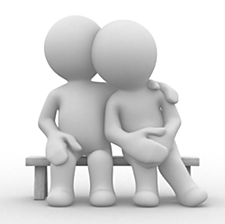 We’ve now opened our free
We’ve now opened our free 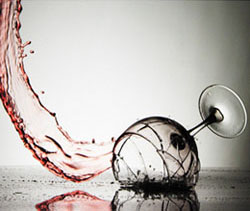 A recent
A recent  Many people do not accept their own feelings - especially the negative ones. When you feel angry, you might tell yourself, “oh no, I shouldn’t feel angry about it”, or maybe “why do I feel so lonely, what’s wrong with me” ?
Many people do not accept their own feelings - especially the negative ones. When you feel angry, you might tell yourself, “oh no, I shouldn’t feel angry about it”, or maybe “why do I feel so lonely, what’s wrong with me” ? One of the biggest difficulties people face when they’re
One of the biggest difficulties people face when they’re  An interesting study by Hertfordshire University recently discovered that
An interesting study by Hertfordshire University recently discovered that  Work is often the biggest source of stress in our lives, and people sometimes end up
Work is often the biggest source of stress in our lives, and people sometimes end up 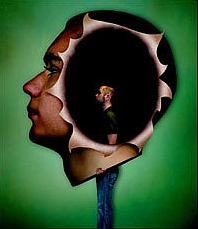 Have you become dependent on alcohol to give you self confidence? Many of our clients say they have no self confidence left because of their drinking. Sometimes they feel so guilty about their behaviour, towards their
Have you become dependent on alcohol to give you self confidence? Many of our clients say they have no self confidence left because of their drinking. Sometimes they feel so guilty about their behaviour, towards their